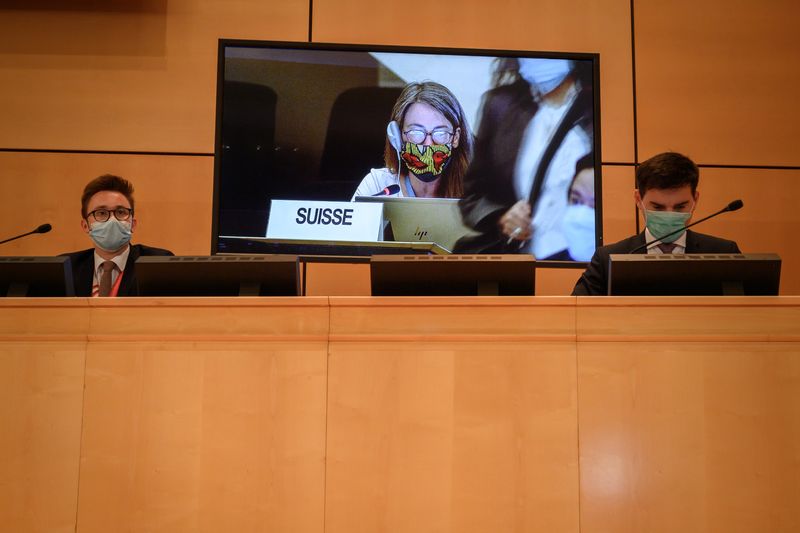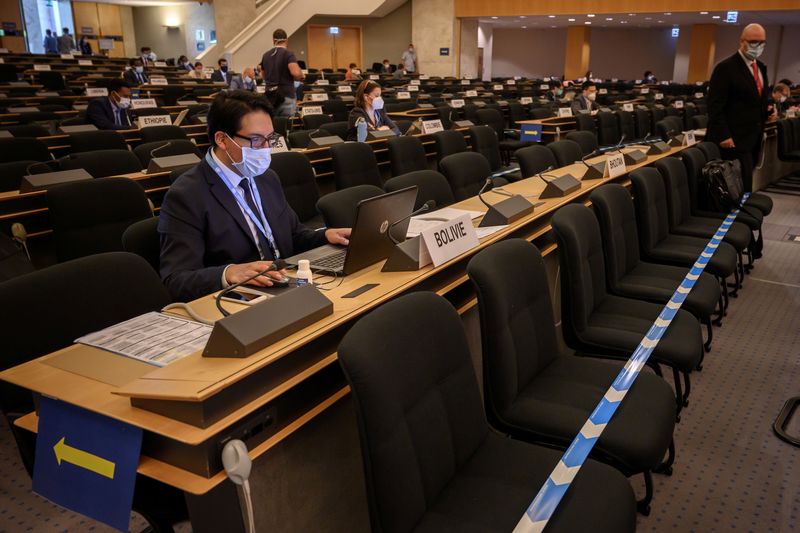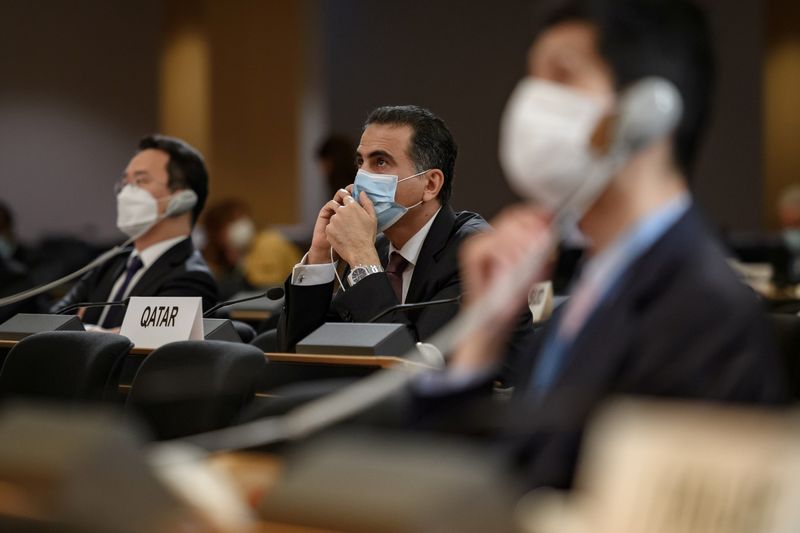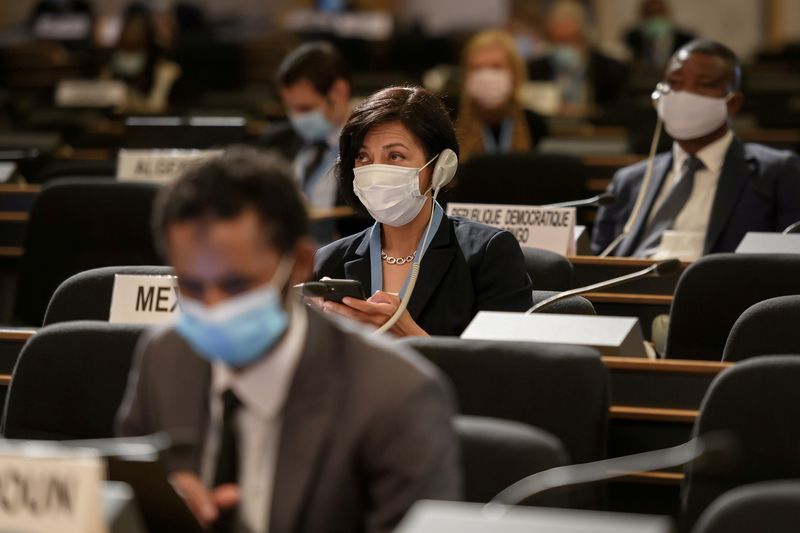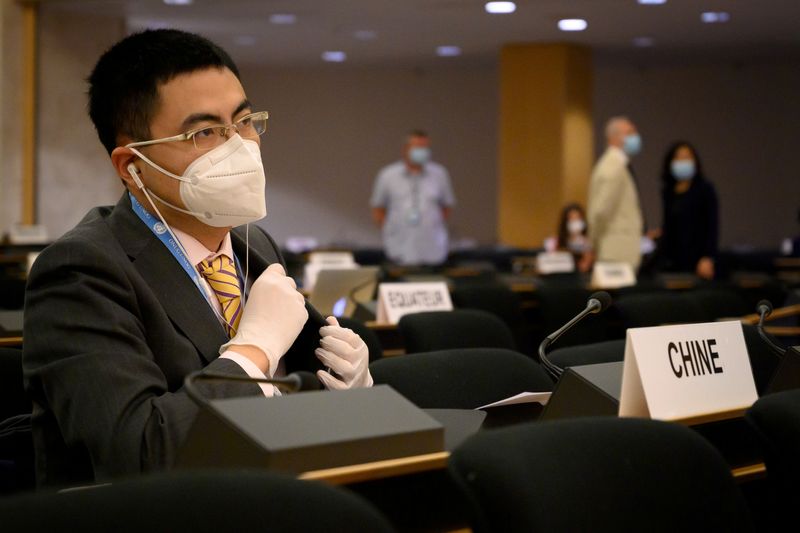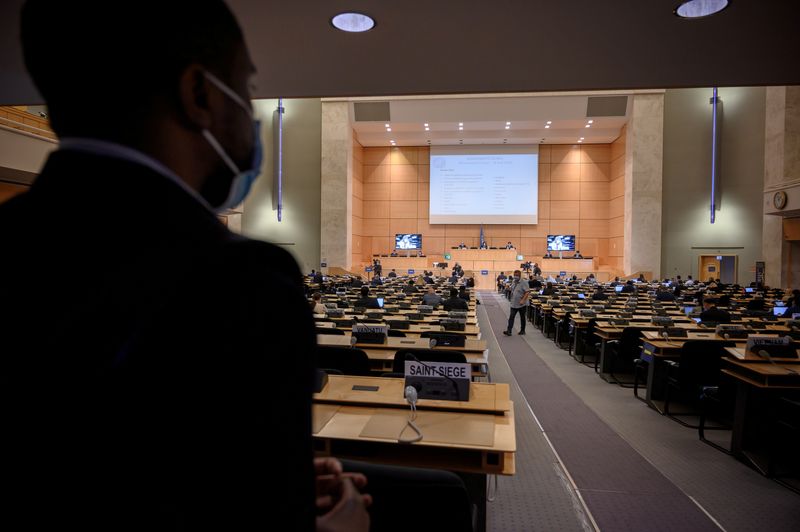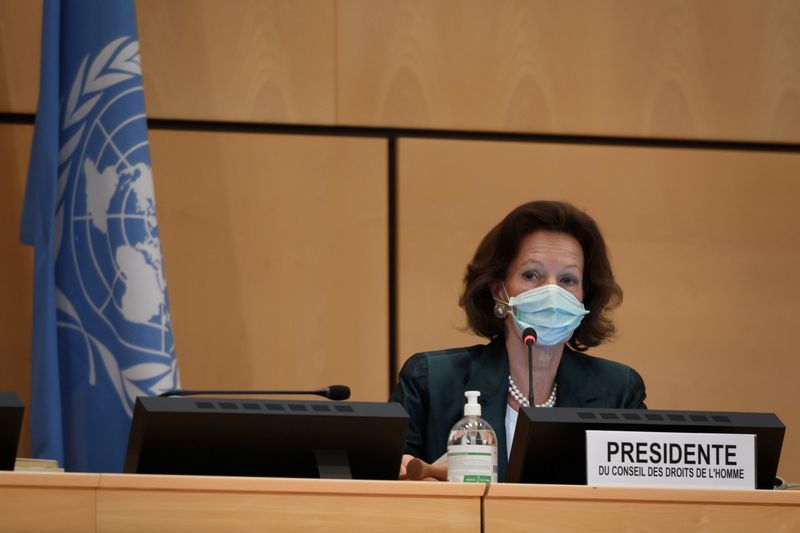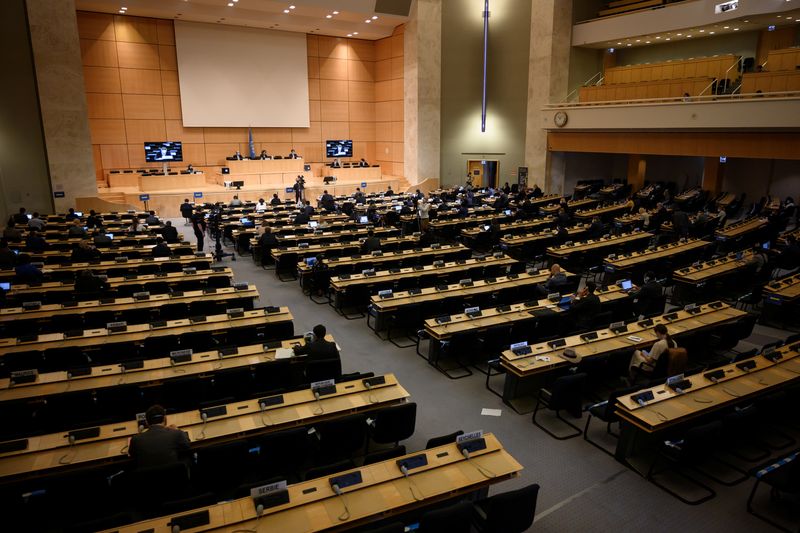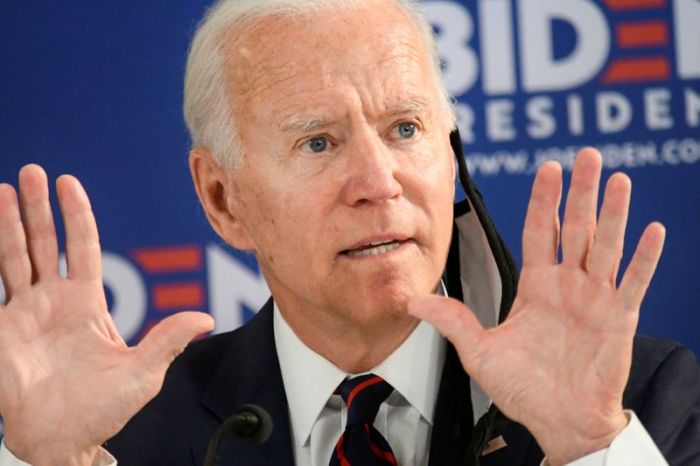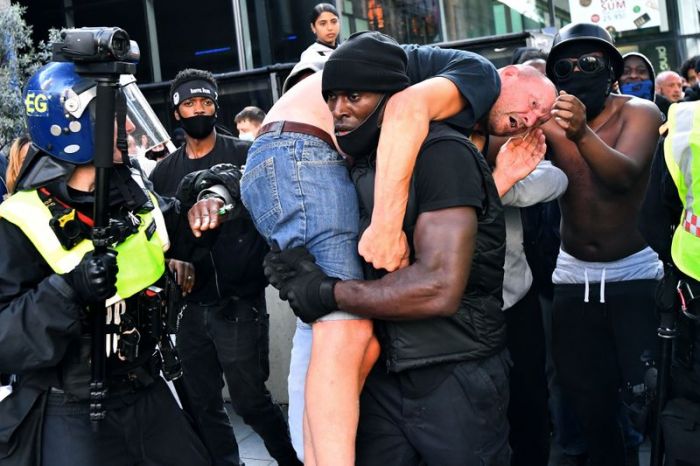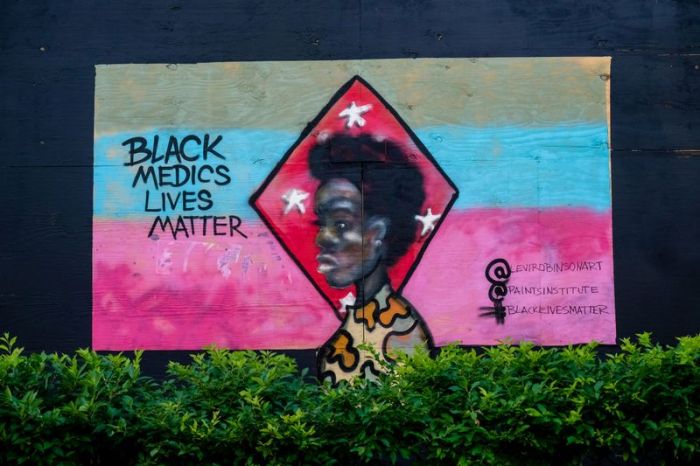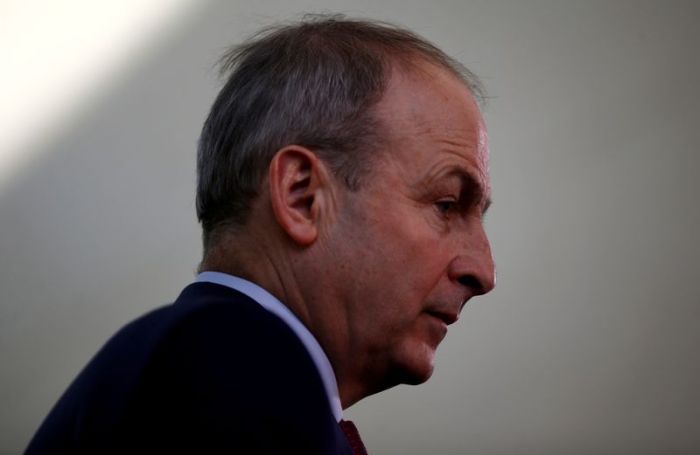GENEVA (Reuters) – The top U.N. human rights body agreed on Monday to hold an urgent debate on allegations of “systemic racism, police brutality and violence against peaceful protests” in the United States and elsewhere on Wednesday.
The U.N. Human Rights Council’s decision followed a request last week by Burkina Faso on behalf of African countries in response to the killing of George Floyd, an African American, on May 25 under the knee of a white Minneapolis police officer. His death has ignited protests across the nation and worldwide.
“We think it is a moment to really discuss this issue, as you have seen with the demonstrations all over Europe, including here in Geneva,” said Elisabeth Tichy-Fisslberger, Austria’s ambassador who serves as current president of the Council.
“This is a topic which is not just about one country, it goes well beyond that,” she told a news conference.
African countries may prepare a resolution for consideration at the debate, Tichy-Fisslberger added.
The United States is not a member of the 47-member state forum in Geneva, having quit it two years ago alleging bias against its ally Israel.
The U.S. mission in Geneva had no immediate comment on the Council’s decision, but last week issued a statement decrying the “senseless death of George Floyd” and saying that justice and transparency were “core values” of the United States.
The African group’s request, in a letter made public by the United Nations, said: “The death of George Floyd is unfortunately not an isolated incident. The numbers of previous cases of unarmed people of African descent who met the same fate because of uncontrolled police violence are legion”.
The outrage provoked by the death underlines the importance of the Human Rights Council discussing these issues, the letter said, noting that 600 activist groups and victims’ relatives had called last week for a special session.
(Reporting by Stephanie Nebehay; Editing by Nick Macfie and Gareth Jones)

